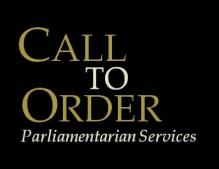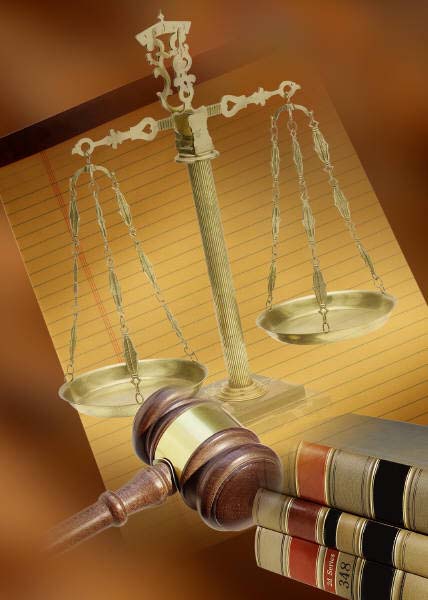In Mr. Smith Goes to Washington, the naïve Mr. Smith yields the Senate floor out of courtesy to a colleague, In doing so he loses his ability to debate on his legislation to prevent graft and corruption, Mr. Smith learned the hard way about the importance of knowing procedural rules. Officers and members of boards and and associations need to know the rules of order to achieve their goals and help their enterprises succeed. Our expertise includes:
- Meeting and Session Governance Services
- Presiding Officer Services
- Delegate Convention or Assembly Services
- Strategic Procedural Planning Services
- Bylaw Drafting, Review, and Revision Services
- Written Opinions Services
- Training Programs
A quorum is the minimum number of members that must be present to transact business validly for an organization. Not every member is able to attend every meeting. In fact, there is often a large number of members that do not attend meetings for whatever reason. The question is how many members must be present to transact business for the entire organization?
If the quorum is too high, then few if any meetings will be able transact business. Some associations have quorums so high that they are unable to hold valid meetings, even to lower the quorum requirement! If it’s too low, then decisions may be made by an unrepresentative portion of the membership, and opens the organization to abuse by a small number of members.
Robert’s Rules of Order Newly Revised 11th ed. specifies a quorum as a majority of the membership of an organization with a definite membership list. It’s quick to point, though, that for most organizations, this is unrealistic and recommends specifying the quorum in the bylaws. What should the number be? Robert’s Rules states that “The quorum should be as large a number of members as can reasonably be depended on to be present at any meeting, except in very bad weather or other exceptionally unfavorable conditions.” p. 346. That is, there is no definitive number and the organization itself must decide the number that it is comfortable with making decisions and should state this in the bylaws.
A quorum may be specified as either a definite number or a percentage of the membership such as 10%. Specification as a percentage is useful as the quorum changes as membership increases or declines. One drawback is that at any given meeting the total membership must be known. If for some reason it is not, determination of a quorum may be impossible.
Calculation of a quorum should also be carefully considered. Several parliamentary authorities require the members to be “in good standing” to be included in the computation of a quorum. A member is considered to be in good standing if the member’s rights have not been suspended because of disciplinary proceedings. Members under disciplinary actions may lose the right to vote and therefore should not be included in the quorum computation as the quorum is minimum number of members needed to take an action: a member that can’t vote can’t take part in making a decision.
Two cases that sometimes arise in questions on quorums are members that are in arrears in dues and members that may not be able to vote because of a conflict of interest. As to the case of delinquent dues, while the bylaws may specify disciplinary proceedings for failure to pay dues, this is generally not the case. Individuals are simply be dropped from membership. But until they are dropped, they generally maintain their rights.
However, a case involving a property owners association, Storck v. Tres Lagos Property Owners Association which was reported recently in the Community Assocaiton Institute Law Reporter offers a bit of a twist on this circumstance. Mr. Storck claimed that Tres Lagos violated the quorum requirements at a particular meeting, and the Appeals Court upheld his claim. The bylaws of Tres Lagos contained a provision that denied voting rights to members that failed to pay association dues and therefore did not count such members in computing the quorum for this meeting.
The Appeals Court found, however, that the bylaw provision denying voting rights to members in arrears violated Texas law and was invalid. As such, members who were in arrears should have been included in the computation of the quorum. Inclusion of these members increased the quorum requirement above that which was actually present at the meeting in question and, therefore actions taken at the meeting were deemed invalid.
As to conflicts of interest, members who have a conflict of interest in a matter that is under consideration should not vote on such matters. Several parliamentary authorities state that in these cases, members who are unable to vote in questions involving a conflict of interest should not be included in the computation of a quorum.
These cases illustrate the tie between a quorum and members who have the right to vote. The computation of a quorum should only include members whose privilege to vote has not been compromised.
The concept of a quorum is simple. Specifying quorum requirements and computing a quorum require close attention to detail. But the freedom and protections associated with quorums are well worth the time and detail.

© 2011-2014 Call to Order Parlimentarian Service
How small is too small: Considerations for setting a quorum


